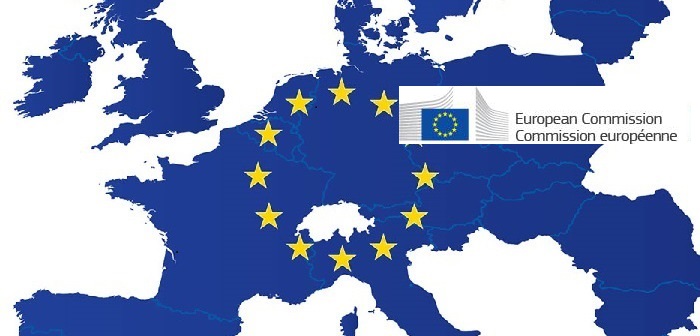The European Commission (EC) has reaffirmed its commitment to EU enlargement with a new assessment of the progress being made in the Western Balkans and Turkey, as they continue to prepare to meet EU membership requirements.
Commenting that the current refugee crisis shows how crucial close cooperation between the EU and the countries in south-east Europe is, EU commissioner Johannes Hahn emphasised that EU enlargement is a “long-term investment in Europe’s own security and prosperity”.
The EC approach inevitably carries the challenge of commercial adjustment for existing EU member states, not least in relation to food production, imports and exports. In this context, Pig World asked AHDB Pork’s Stephen Howarth to comment on how EU enlargement might affect the European pigmeat trade
“The countries of the former Yugoslavia do take some pork from the EU, most notably Montenegro, which imported 32,000 tonnes last year,” he said, adding that this level of trade was “higher than normal”.
“It would be likely to increase further if they joined the EU, with the domestic industries probably declining, as has been the pattern in other new member states, such as Croatia. However, volumes would probably remain pretty small compared with some of the trade flows between existing member states.
“None of the countries (on the enlargement list) is a big producer, however, with Serbia being by far the largest at 250,000 tonnes in 2013 (on a par with Ireland). It has not traditionally been an exporter but has been sending some pork to Russia this year (9,000 tonnes Jan-August).
“None of the other countries export significant quantities of pork and their industries look to be too small for that to change.
“Overall, therefore, I doubt if there would be any major implications. Some of the countries also have a big Muslim population, most notably Turkey, of course, so pigmeat is not a factor for them.”




